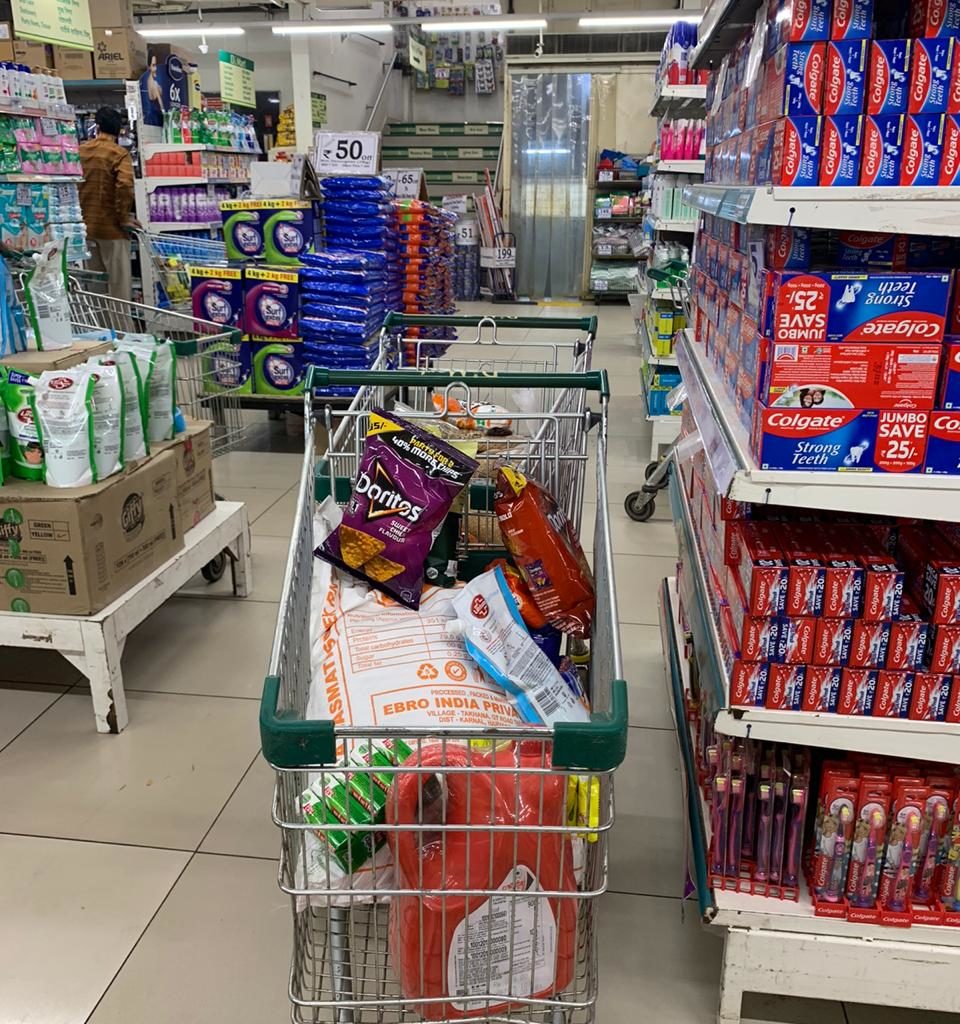ICRA expects rental income for the retail mall operators to increase by 8-10% YoY in FY2024, supported by improvement in trading values due to healthy retail sales and contracted rental escalations. In FY2024, trading values are expected to improve by 4-5% with healthy sales across the product categories like jewellery, electronics, apparels and increase in spends toward food, beverages, and entertainment segments. Further, the rental rates are forecast to increase by 3-4% YoY in FY2024, driven by contracted escalations/lease renewals at higher rates due to healthy occupancy of retail malls. ICRA’s outlook on retail mall operators is Stable.
Giving more insights, Anupama Reddy, Vice President and Co-Group Head, Corporate Ratings, ICRA, said: “Rental income for ICRA’s sample set witnessed strong expansion of 78% YoY in FY2023 (on a lower base of FY2022) and is higher by 25-27% compared to pre-Covid levels, driven by higher revenue share backed by increase in retail trading values and increase in occupancy levels. While the footfalls in the malls reached 90-95% of pre-Covid levels FY2023, trading values recovered to 125-127%, backed by increase in spend per footfall, driven by premiumisation. Higher disposable income and preference for experiential shopping, especially for premium product categories, are expected to support the retail malls in the medium term.”
Consumer confidence continues to recover from the historic low recorded in June 2020. As per RBI’s Consumer Confidence Survey of May 2023, household spending was buoyant over the last year on the back of higher essential and non-essential spending. This is expected to support retail sales for the tenants of mall operators.
Across the top six cities in India, the incremental supply stood at ~7 msf against net absorption of ~4 msf resulting in increase in vacancy levels to 19% in FY2023 from 16-17% in FY2021-FY2022. Despite healthy leasing, the vacancy levels are expected to remain between 18-19% in FY2024, given the high new supply of 9-10 msf. Delhi NCR and Chennai will account for around 60% of the FY2024 new supply and 17% of the upcoming supply in FY2024 have been pre-leased.
“The credit profile of the mall operators is expected to remain stable, driven by healthy growth in net operating income (NOI), moderate leverage, and comfortable debt coverage metrics. The leverage metrics of the players as measured by debt/NOI is expected to improve to 5x-5.5x in FY2024, from 5.5-6.0x in FY2023. Even after factoring in the increase in interest rates, the coverage metrics is expected to remain comfortable at 1.35x-1.4x in FY2024, compared to 1.3-1.35x in FY2023, on the back of scheduled repayments and an improved NOI level,” Reddy added.
Also Read: 25 Mn sq. ft. Mall Space to be Added in Top 7 Cities in Next 4-5 Years









